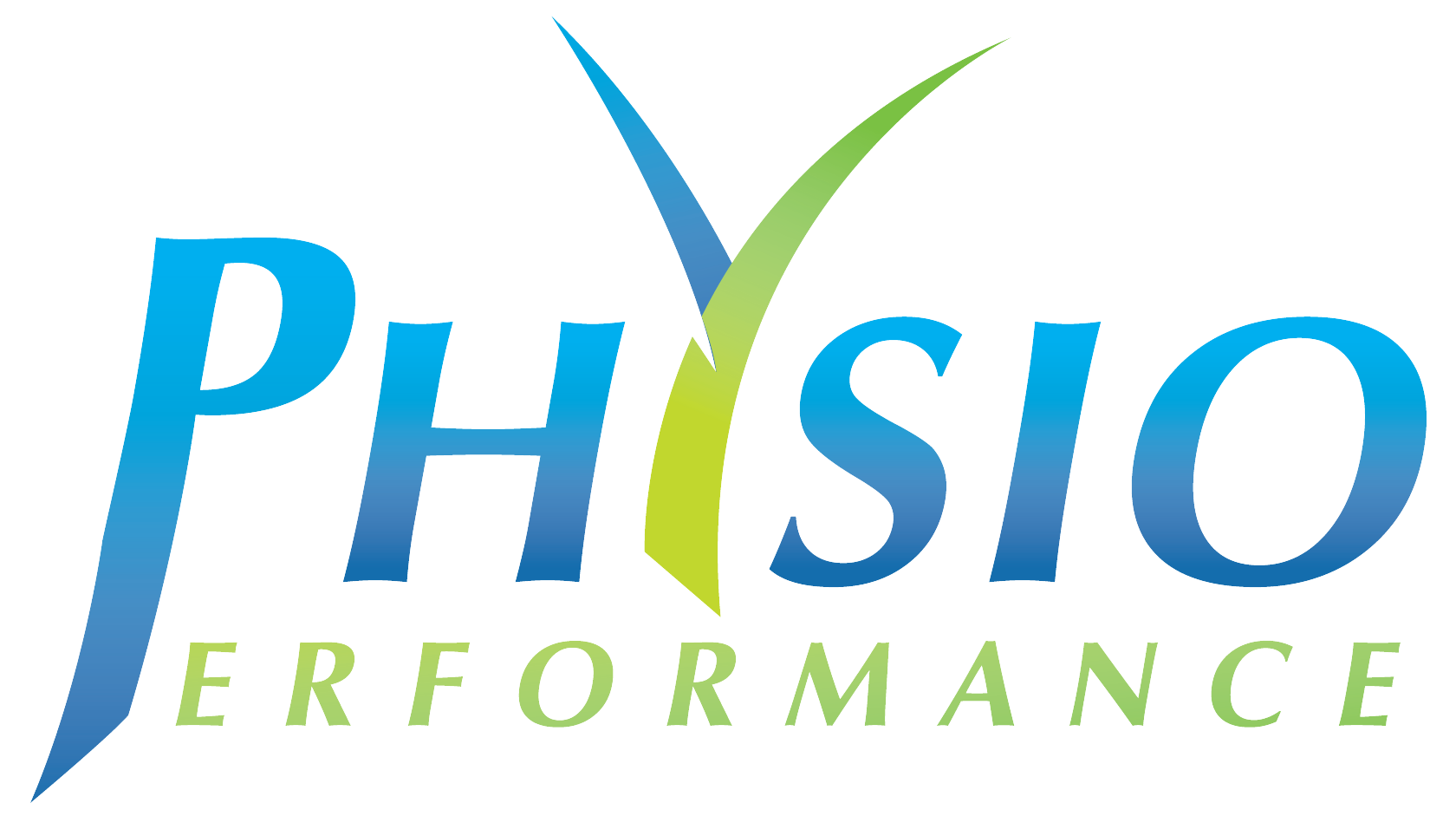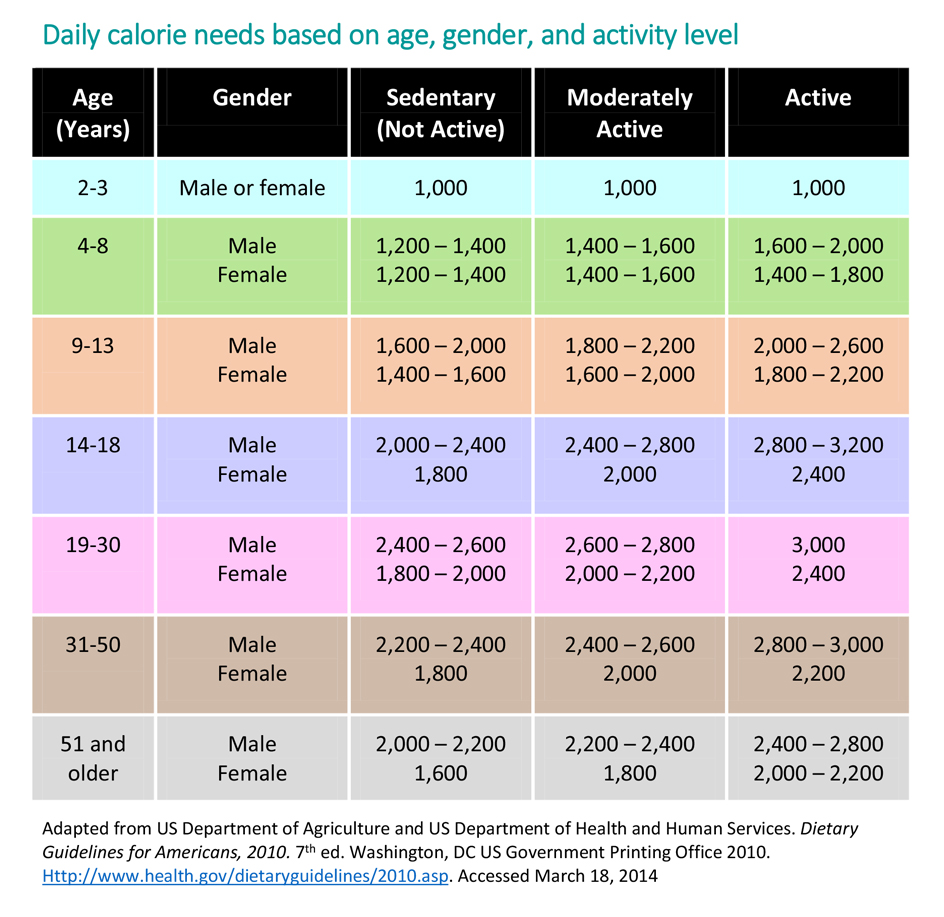Nutrition is an important element throughout our physio sessions here at Physio Performance. For the most part, there is no special formula for teens to follow in terms of nutrition for sport. A balanced and varied diet is the key to an overall healthy lifestyle, as well as putting you in a good position to excel in your sport, studies and social lives!
If you are playing sports regularly for your school or a club, what you eat and drink is important, to help you perform at your best and protect you from fatigue and injury. Good nutrition can:
- Delay fatigue.
- Improve skill and concentration.
- Prevent injury and illness.
- Achieve fitness and training targets.
A poor diet will prevent you from achieving your potential by:
- Increasing your likelihood of injury.
- Decreasing your concentration and skill.
- Causing you to fatigue sooner.
- Not allowing you to achieve consistent training targets.
Protein is one key nutrient needed for building and repairing muscle. Some excellent protein-rich foods include lean red meat, soya and tofu, chicken, turkey, nuts, fish, pulses, eggs, yogurt, low fat milk and cheese. Including protein rich foods at each main meal and after exercise will help to support muscle growth and repair.
When it comes to protein, natural sources such as those listed above are always best. While supplemental whey protein/casein can be used in some circumstances, it is best to achieve your protein needs through natural sources. It is also important to note that eating an increased intake of protein will not guarantee increased muscle growth!
On the topic of supplements, they are absolutely not essential to progress in your sporting endeavours. Forming good nutritional habits that you can carry into adulthood will be far more valuable to the younger athlete in the long run, rather than relying on expensive supplements which will provide little value to performance.
While protein is important to maintain muscle mass and support bodily function, our overall caloric intake is more important. Caloric needs will be very different for each individual, it is hugely dependent on age, weight, height, activity level, muscle mass etc.
If you’re not eating enough to meet your caloric (energy) needs, then you won’t be able to build or maintain muscle mass. It will also have a detrimental effect on overall performance in your sport, and in the classroom. Being in a consistent calorie deficit will cause weight loss, reduced muscular and endurance performance, reduced concentration etc. A sustained caloric deficit can also lead to more serious growth related issues, which could be long term!
Next step:
Want to get in touch with our team?
You can contact us on 041-9877059 or at info@physioperformance.ie. You can also book an appointment online with us HERE.



